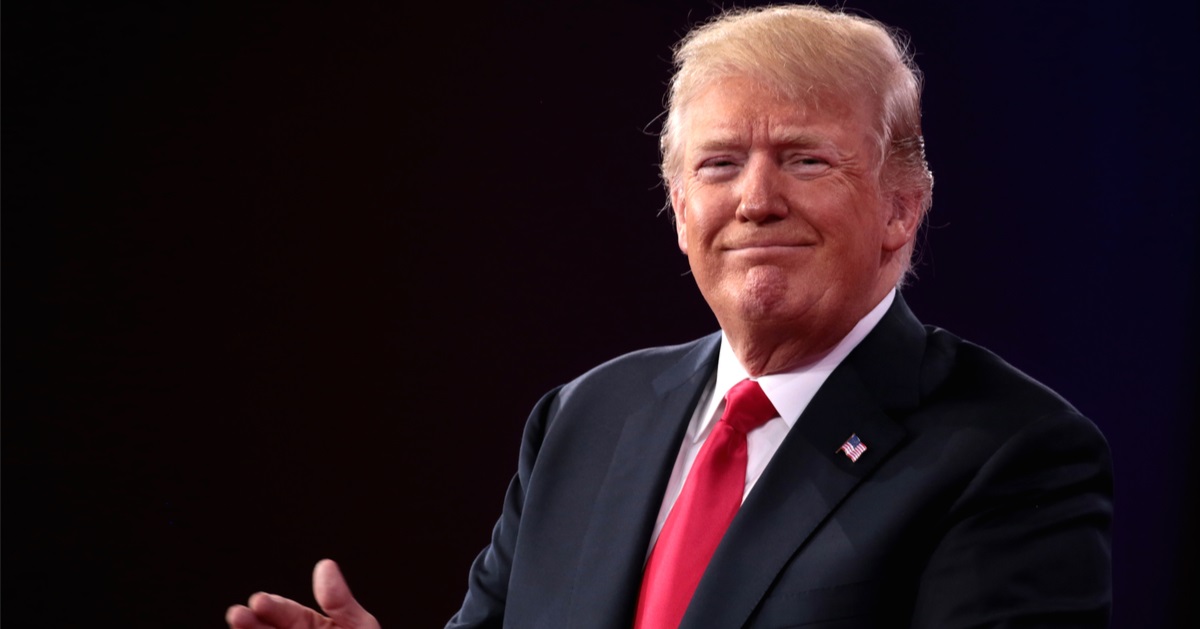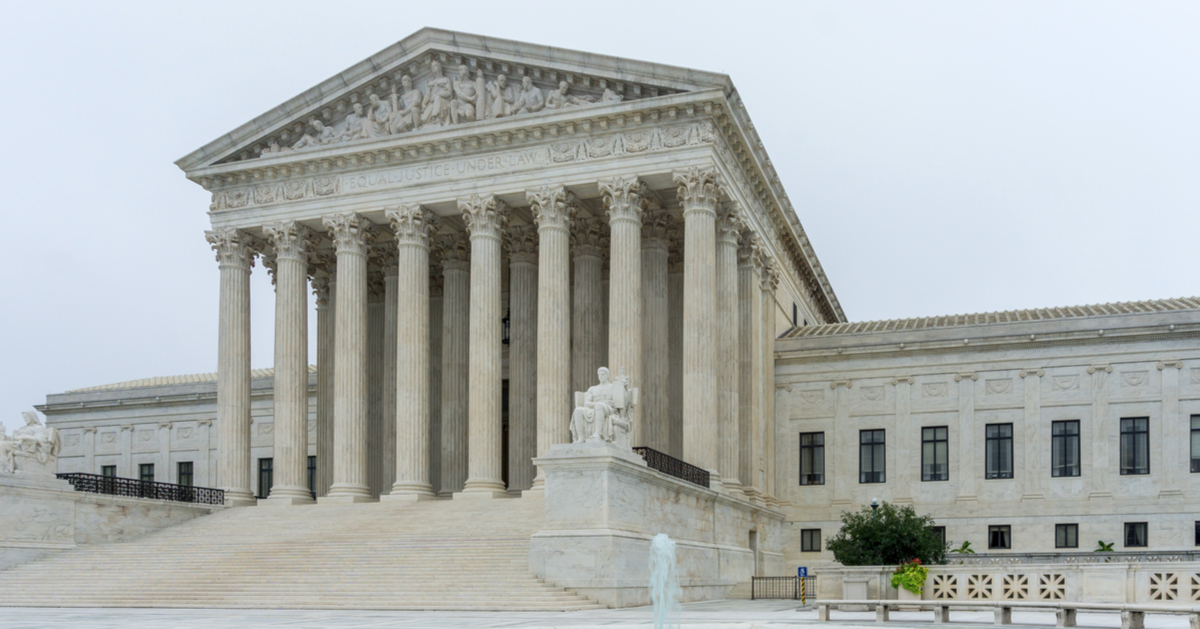Meta CEO Mark Zuckerberg's statements from 2021 have resurfaced, indicating persistent pressures from senior White House officials to moderate pandemic-related content unfavorably viewed by the administration. This has triggered significant scrutiny of the administration's interaction with large tech companies and the extent of their influence.
The thrust of Berenson's complaints centers around the role of Andy Slavitt, who previously advised the White House on its COVID-19 response. Allegations suggest that he continued to liaise with Facebook to shape the narrative around the pandemic even after resigning in June 2021. Slavitt's purported actions form the cornerstone of the legal challenges raised by Berenson.
Legal Grounds: Supreme Court's Stance on Social Media
Berenson's lawsuit taps into recent Supreme Court deliberations, which address the unconstitutional nature of governmental pressure on social media platforms. This judicial backdrop provides a legal framework for examining the claims against the administration's alleged encroachment on editorial freedoms.
Documents highlighted within the lawsuit reveal that Slavitt maintained post-tenure communications with key administration figures such as White House Chief of Staff Ron Klain and Surgeon General Vivek Murthy. This purported continuation of influence raises questions about the ethical boundaries of former public officials engaging with powerful social media platforms.
Further complicating the public outlook on these interactions, Slavitt's podcast, which often features influential figures, received sponsorship from Pfizer, adding layers of potential conflicts of interest to his continued involvement with public health communications.
The Reach of Posts and Platform Manipulation
Nick Clegg, a senior figure at Meta, recounted dealings with Slavitt during 2021, painting a picture of a backchannel where governmental expectations were clearly communicated to the platform. In one such interaction, Slavitt pushed for transparency from Facebook regarding the spread of certain COVID-19 narratives, a move seen by critics as an attempt to manipulate informational flow.
Despite his resignation, Slavitt portrayed himself as still actively consulting with health and government bodies about pandemic strategies, affirming his ongoing role in a podcast statement. This ongoing engagement underscores the intricate networks bridging governmental policy and platform governance.
Facebook, meanwhile, continued to mitigate the visibility of content it deems controversial, including reducing restrictions on former President Trump's accounts amidst political recalibrations. This highlights the dynamic nature of content governance on social media platforms, reflecting broader geopolitical and public health contexts.
Debate Over Governmental Influence on Free Speech
Observers like Gerald Morgan have criticized these ongoing dialogues as indicative of a deeper inclination to control narratives, suggesting a systematic bias in how information is presented to the public. These actions raise pertinent questions about the balance between public welfare and freedom of speech.
The lawsuit has ignited a broader conversation about the roles and responsibilities of tech giants in moderating content while ensuring transparency and fairness. As platforms adjust their policies in response to legal and social pressures, the outcome of this lawsuit may well set precedents for future interactions between government entities and social media networks.
As the case progresses, the eyes of both the public and legal experts remain keenly fixed on how deep governmental lines are drawn in the digital sand of social media platforms.





